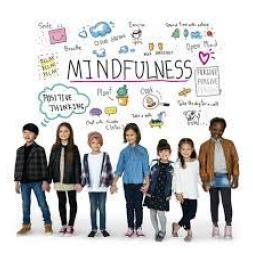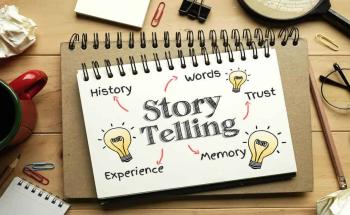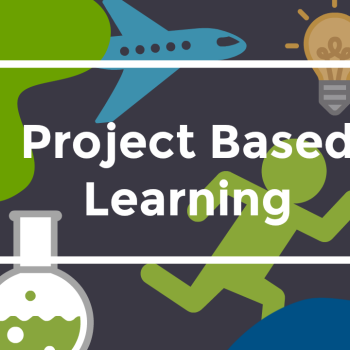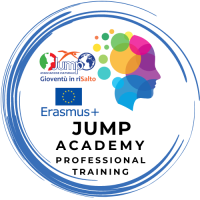
MINDFULNESS AT SCHOOL. Mindful Teachers – Mindful Students
This course was designed to give teachers the much-needed tools to do just that. All by understanding the meaning of wellbeing, what mindfulness is, where to start to practice mindfulness with children and teens and how to design your mindfulness exercises.
Description
From age three to twelve, children experience incredible changes and growth, such changes are not exclusively limited to Height and size but, even more relevantly, in their cognitive abilities and physiology. A long-lasting process of autonomy starts and pupils rely less and less on their parents throughout these years. This is the time when social skills, emotional skills and behavior have the chance to evolve and differentiate. Later on, in their Teen years, students start approaching society, friends become new groups of reference outside of the family and a process to develop personal identity begins. Due to the impact of Social-media, the ever growing need of support throughout developing processes and our constantly changing society, students have to acquire new sets of skills and knowledge to be more aware of themselves and the surrounding world. Schools are in charge of a very important educational role, to prepare the growing pupil on confronting the world. To do that, the young mind needs support in knowledge such as Maths, History, Language and Sciences. But not only. It also needs tools to grow in a healthy way, the ability to identify and pursue wellbeing and develop emotional regulation competences. All of this in order to prompt the individual to being a well rounded successful and fulfilled young adult.
This course was designed to give teachers the much-needed tools to do just that. All by understanding the meaning of wellbeing, what mindfulness is, where to start to practice mindfulness with children and teens and how to design your mindfulness exercises.
At the end of the Course Teachers will:
- Know about how to introduce mindfulness practice within different individual’s developmental stages.
- Know about some of the most recent literature on Mindfulness practice in schools with children and teens.
- Learn how to deliver effective and tested Mindfulness practices like: Aware breathing, Body scan, Imaginary hugs, the little turtle (tale), Coloring mandalas, the quiet after the storm, walking meditation, aware listening and more!
- Learn how to design your own mindfulness practice for your students.
Learning objectives
- Developing the potential abilities like: Universalism, Gratitude, Appreciation for beauty and Courage
- Understanding their own body and how it reacts to different Mindfulness practices (like deep breathing)
- Exploring and observe with more awakened awareness
- Training attention and improve task completion-oriented assignments
- Learning how to manage basic emotions like Anger and Fear
- Manage stressful moments and become more resilient to anxiety and depression
Methodology & assessment
Furthermore, in line with the JUMP Academy method, our courses are based on a strategic balance between formal and non-formal education, indoor and outdoor education and the team takes care of a very important aspect of international mobility which is the intercultural learning which we develop with short excursions and facilitating the interaction with local partners, businesses and citizens of our territory. Each local context has its own economy so it’s always useful, in training programs, to get in contact with concrete examples (experiential learning and real based learning).
We always try to connect our learners to local teachers and students to cooperate in developing innovation and networking for future projects.
Materials, digital tools & other learning resources
JUMP provides, after the completion of the course, all presentations, training materials and any other digital and learning tools used during the training sessions. Furthermore, extra materials are sent if there are updates and new ones researched afterwards.
Certification details
At the end of the training, JUMP delivers a formal certificate of attendance and the team is at disposal to fill the Euro pass certification document according to the EU model template and other needed documents for reporting of the sending institution.
Our courses are in line with the Erasmus+ Quality standards for courses under Key Action 1 (learning mobility of individuals)
Pricing, packages and other information
-
Course package content:
In the course fee are included: organization, administration, trainers' costs and classes, further training/learning materials, certification, support of the team H24, photo-video reporting.
Extra costs are referred to logistics. JUMP is sending all the precise info when the participants or the Erasmus coordinator ask for information.
-
Additional information:Description of the services and activities included in the course package (such as accommodation, meals, transport) or available at extra cost.
-
Cancellation & changes:
With a proper time in advance is possible to cancel the participation, informing and explaining the motivation.
-
Additional information:The options and conditions for change and cancellation, and the policy in case of unforeseen circumstances (force majeure).
Additional information
-
Language:English
-
Target audience ISCED:Primary education (ISCED 1)Lower secondary education (ISCED 2)Upper secondary education (ISCED 3)
-
Target audience type:TeacherHead Teacher / PrincipalSchool Psychologist
-
Learning time:25 hours or more
Upcoming sessions
Past sessions
More courses by this organiser

STORYTELLING/DIGITAL STORYTELLING As A Bridge Between Virtual And The Sensory

PROJECT BASED LEARNING (PBL). Making Real-Based Teaching A Success In Your Class


